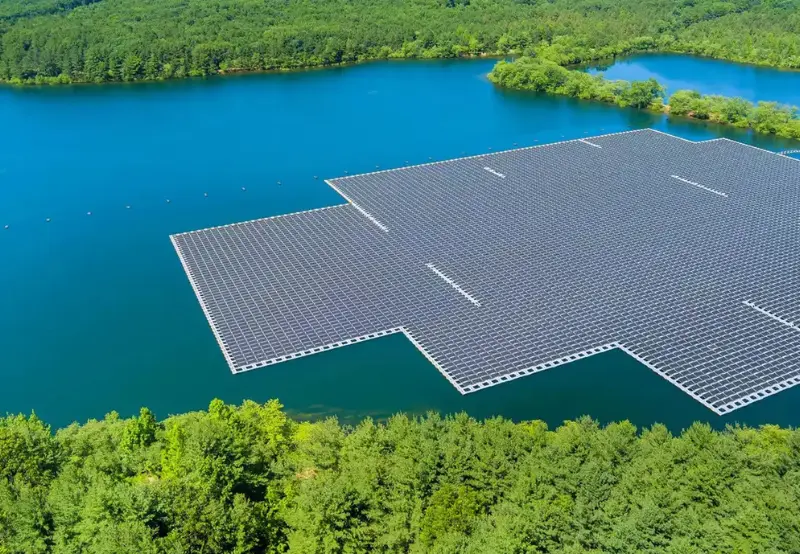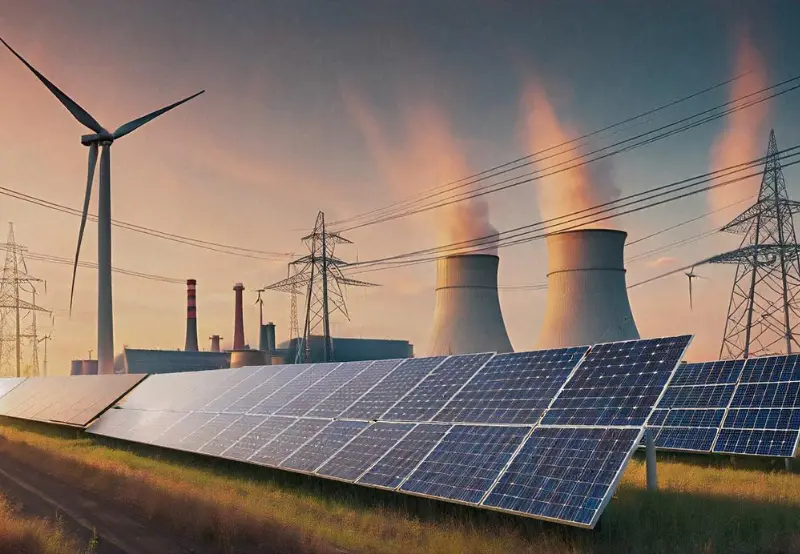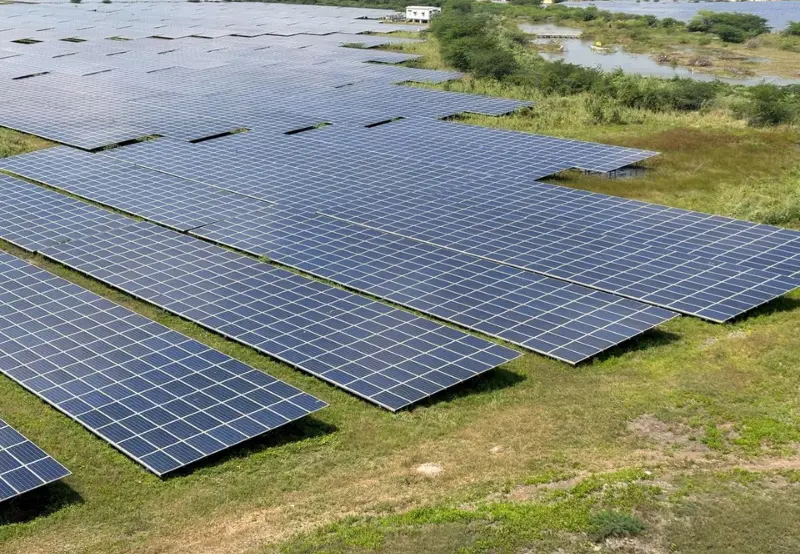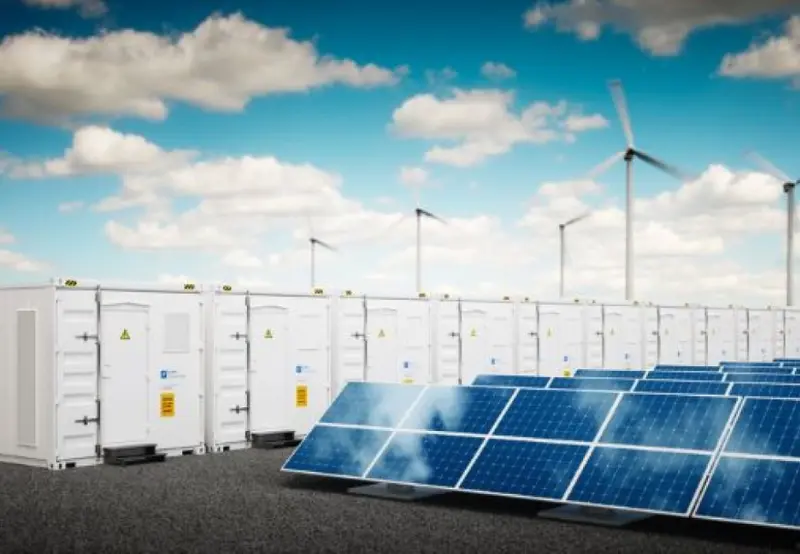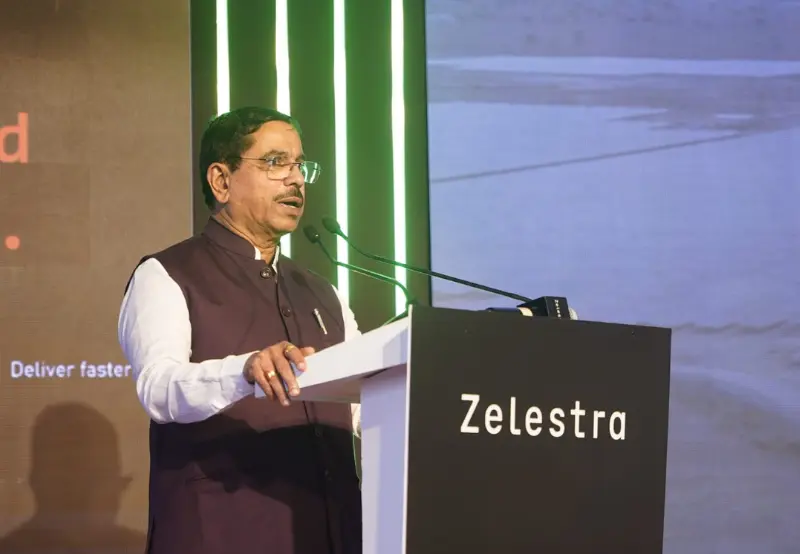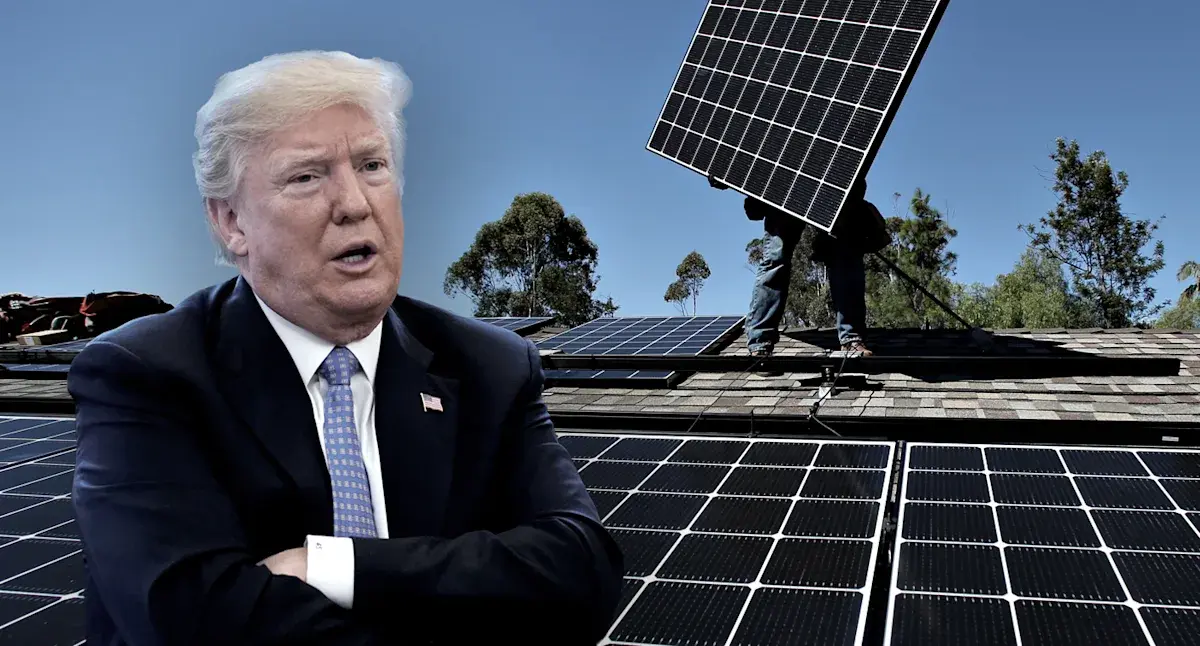Kerala’s green ambitions are being tested. As the state moves to overhaul its solar energy regulations under the Renewable Energy Draft Regulations 2025, solar prosumers, individuals who both consume and generate electricity are raising their voices. While the new draft proposes a shift in billing and infrastructure, another development is grabbing headlines: a legal battle over fixed charges on self-consumed solar energy.
This blog takes a closer look at the proposed law, the implications for Kerala’s solar industry, and the high-stakes court case that could change the way prosumers are treated under India’s energy laws.
The Draft Regulation: A Quick Recap
Published in May 2025 by the Kerala State Electricity Regulatory Commission (KSERC), the Renewable Energy and Related Matters Draft Regulations 2025 aims to reform how solar energy is integrated into the state’s grid. It introduces new technical requirements, billing systems, and metering policies.
Key Highlights of the Draft
- Shift from Net Metering to Gross Metering: Prosumers will now sell all generated energy to the grid and buy all consumed energy from the grid, eliminating direct unit-to-unit adjustments.
- Battery Storage Mandate: Any prosumer who installs a system above 3 kW must include battery backup with at least 30% of the plant’s daily output capacity.
- Metering Reforms: Prosumers above certain capacities must install smart meters or ABT-compliant meters.
These changes are set to go live from 1 October 2025, affecting both new and some existing users.
Why the Shift to Gross Metering Matters
Gross metering severs the direct benefit that prosumers earlier enjoyed under net metering. Instead of offsetting their electricity bill with solar energy used in real-time, users must now:
- Export all generated electricity to the grid
- Buy back their required electricity from the grid at retail rates
- Rely on government-determined feed-in tariffs for compensation
This makes rooftop solar less financially attractive for residential consumers and small businesses.
The Battery Clause: An Unwelcome Surprise
The requirement for battery backup in systems above 3 kW raises installation costs significantly. Batteries are expensive and need regular maintenance. For many middle-income families and housing societies, this clause creates a financial barrier to adopting or scaling up solar energy.
The Legal Challenge: Prosumers vs. KSEB
As if the regulatory shake-up wasn’t enough, Kerala’s prosumers are also locked in a legal battle with the Kerala State Electricity Board (KSEB) over fixed charges imposed on self-consumed energy.
What’s the Issue?
Prosumers who generate solar power for use within their premises are being charged fixed fees by KSEB — even though this portion of the electricity never touches the grid.
The petition filed in the Kerala High Court argues:
- This charge is arbitrary and unconstitutional
- It lacks any legal or regulatory backing from KSERC
- It violates Section 45 of the Electricity Act, 2003, which deals with fair billing practices
- There is no tariff order that justifies charging for energy not supplied by KSEB
The case was brought forward by the Kerala Domestic Solar Prosumers Committee, led by Jameskutty Thomas.
Why This Case Matters
1. Ownership of Self-Generated Power
The core argument is simple: if a prosumer generates electricity and consumes it without using the grid, that energy is private. Imposing a charge on it is like taxing the sun.
2. Security Deposit Disputes
The KSEB has also demanded security deposits calculated based on total energy consumed — including the solar power generated and used by the prosumer. This, too, is being challenged as illegal and unfair.
3. Broader Impact
This case sets a national precedent. If prosumers win, utilities across India may be forced to rethink how they bill rooftop solar users.
Voices from the Ground
“We invested our savings in solar panels to support clean energy. Now we’re being billed for using our own electricity. It’s unjust.”
— A prosumer from Ernakulam
“This is not just about billing — it’s about energy justice. These policies punish people who did the right thing.”
— Member, Prosumers Committee
The Bigger Picture: What’s at Stake?
1. The Rooftop Solar Business
Kerala’s solar industry supports thousands of jobs in installation, maintenance, and services. With rising costs and reduced consumer appeal, the industry faces a potential downturn.
2. Public Trust
Frequent policy changes erode faith in government schemes. If citizens feel betrayed after adopting government-endorsed green energy plans, it may discourage future participation.
3. National Green Goals
India is aiming for 500 GW of non-fossil fuel capacity by 2030. Rooftop solar is a key contributor. Kerala’s handling of prosumers will be watched closely by other states.
What Prosumers Are Demanding
- Withdrawal of fixed charges on self-consumed solar energy
- Refund of past collections made without legal backing
- Recognition of prosumers’ investments as public service, not private benefit
- Transparent and predictable policy framework
Kerala’s Renewable Energy Draft 2025 is an ambitious attempt to modernise the state’s energy policy. But ambition without inclusion can backfire. Between the policy overhaul and the ongoing court case, solar prosumers in Kerala find themselves at a crossroads. Will the system reward their contribution to clean energy — or penalise them for it?
As the state awaits the High Court’s verdict and public feedback on the draft, one thing is certain: how we treat prosumers today will determine the future of rooftop solar in India.

